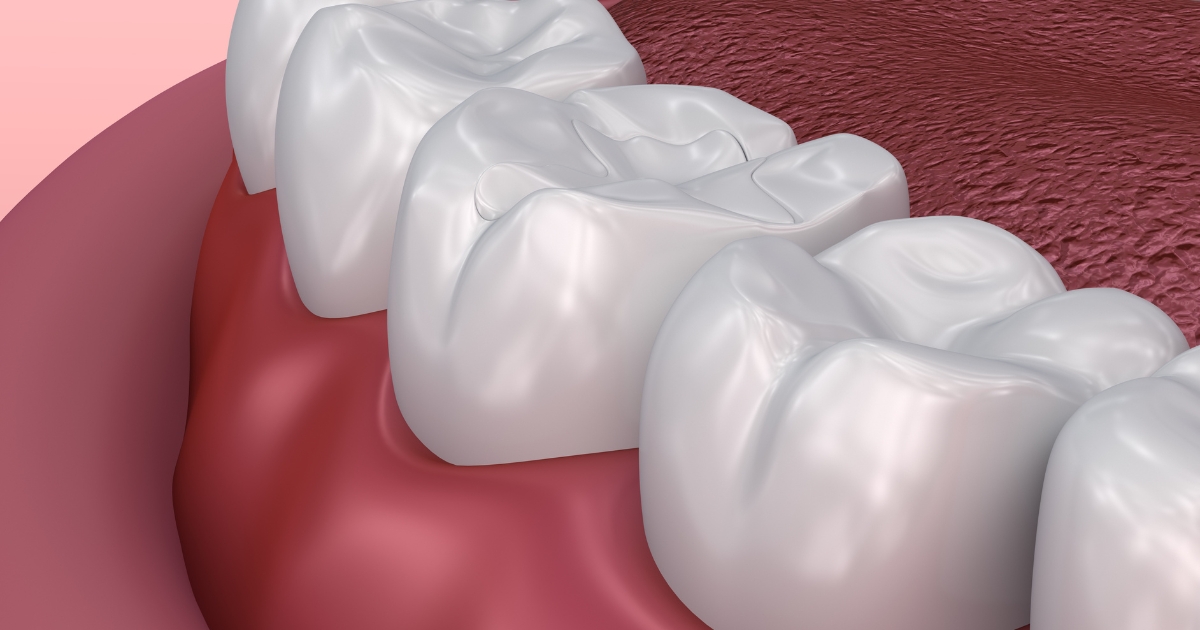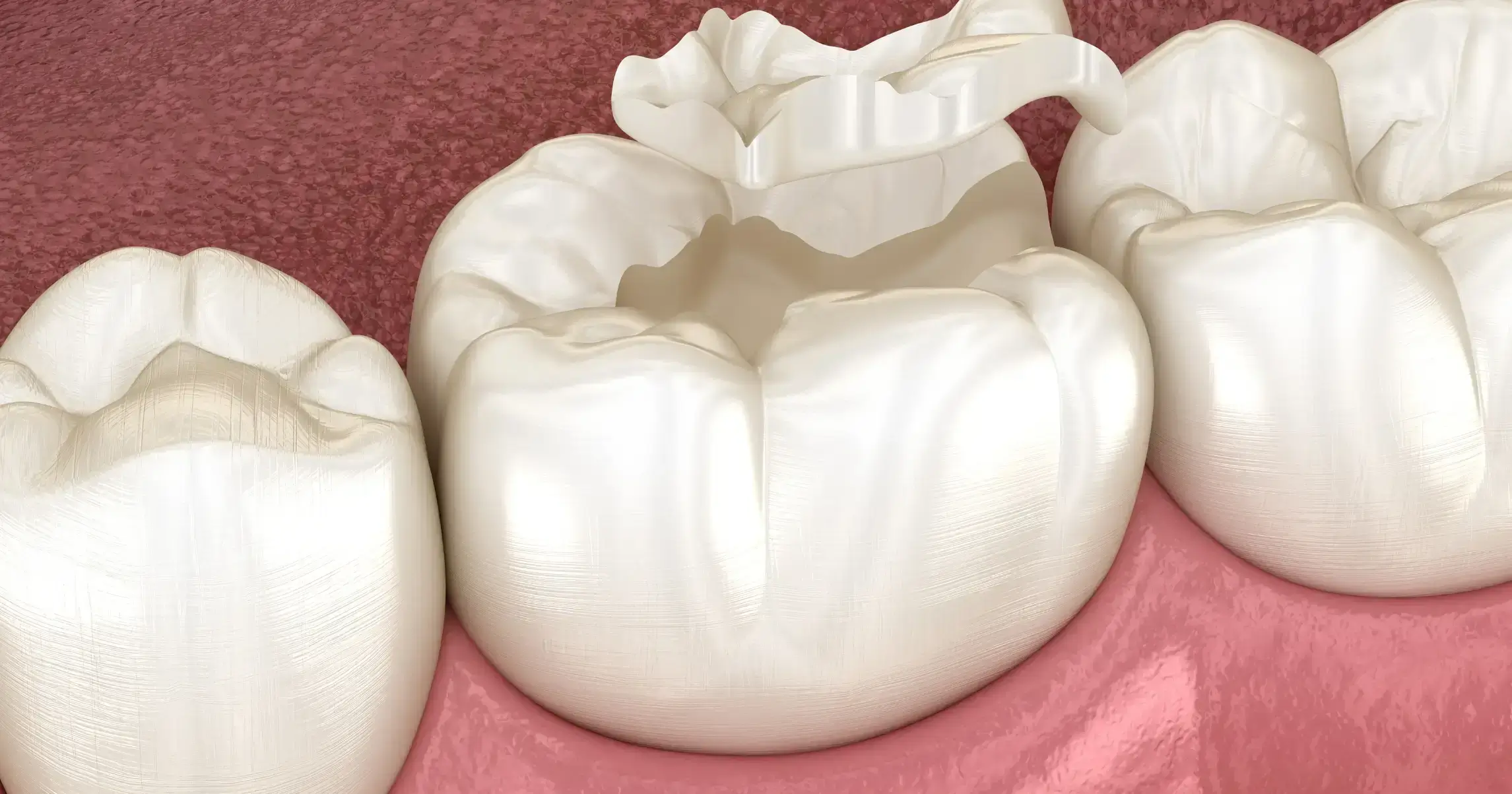732.751.4028

When you think about protecting your teeth, brushing, flossing, and regular dental visits often come to mind. But there’s another unsung hero in the fight against tooth decay: dental sealants. These thin, protective coatings serve as an invisible shield, guarding your teeth from harmful bacteria and plaque. In a world where cavities lurk at every corner, dental sealants act like armor for your smile.
Unlike traditional dental treatments, sealants don’t repair damage. Instead, they prevent it from happening. This proactive approach is essential for children and teenagers, particularly vulnerable to decay in their molars and premolars. However, adults can also benefit from this protective treatment.
What Are Dental Sealants?
At their core, dental sealants are thin, plastic-like materials applied to teeth’ chewing surfaces. These surfaces, particularly on molars and premolars, have deep grooves that are difficult to clean thoroughly with regular brushing. Bacteria and food particles love to settle in these grooves, creating the perfect environment for decay.
Sealants effectively block debris by covering these grooves, reducing the risk of cavities. Think of them as a barrier that keeps bacteria from harming teeth.
How Dental Sealants Are Applied
You might wonder how something so small can offer such significant protection. The application process of sealants is simple and painless but highly effective. Here’s a quick overview of how it works:
- Cleaning the Tooth Surface
Before applying the sealant, your Howell dentist thoroughly cleans the tooth to ensure no plaque or food residue is left behind. This step is crucial because the sealant won’t stick properly to a dirty surface. - Prepping the Tooth
After cleaning, the tooth is dried, and an acidic gel is placed on the chewing surface for a few seconds. This gel helps roughen the tooth, allowing the sealant to bond better. - Applying the Sealant
Once the tooth is prepared, the dentist applies the liquid sealant to the tooth grooves. - Hardening the Sealant
To ensure it sets, a special blue light is used to harden the sealant quickly. In seconds, the tooth is sealed, and the patient is ready to go!
How Long Do Sealants Last?
Dental sealants may be thin and virtually invisible, but they pack a powerful punch in terms of longevity. With proper care, sealants can last for years, sometimes up to a decade. This makes them a cost-effective option for preventing tooth decay.
However, like any dental treatment, they aren’t permanent. Over time, they can wear down and need replacement. Regular dental check-ups are important to ensure your sealants are still doing their job. Your Howell dentist will check for any signs of wear and reapply them if necessary.
Why Kids and Teens Benefit the Most
Sealants are commonly recommended for children and teenagers for a good reason. Their molars and premolars are more prone to cavities, especially when first emerging. These newly erupted teeth have deeper grooves that are often harder to clean. Since young people may not always have the best brushing habits, sealants offer additional protection when needed.
Parents often choose dental sealants to help reduce their children’s risk of cavities, especially during those critical years when permanent teeth are coming in. It’s a simple, painless process that offers long-term protection, making it a no-brainer for many families.
Can Adults Benefit from Sealants?
Though dental sealants are often associated with children, adults can also take advantage of their protective qualities. Sealants can provide that extra layer of defense if you have deep grooves in your molars or a history of cavities.
It’s especially useful for individuals struggling with maintaining perfect oral hygiene. For instance, if you’re prone to plaque buildup or find it difficult to clean certain areas of your mouth, a sealant could reduce the risk of decay.
Additionally, sealants are a great option for adults who want to preserve their teeth in the long run. By adding this invisible armor, you’re making a small investment in maintaining your oral health.
How Dental Sealants and Fluoride Work Together
While sealants do an excellent job of protecting the chewing surfaces of teeth, fluoride works hand-in-hand to protect the smooth surfaces. Fluoride strengthens tooth enamel, making it more resistant to acid attacks from plaque bacteria and sugars in the mouth.
When used together, sealants and fluoride provide comprehensive protection against cavities. While the sealant covers vulnerable areas, fluoride strengthens the rest, ensuring your teeth have an all-around defense against decay.
Sealants and Preventive Care: A Winning Combination
Adding dental sealants to your routine is just one piece of the preventive care puzzle. They work best with good oral hygiene practices like brushing twice daily, flossing, and regular dental check-ups. Together, these efforts form a powerful strategy for preventing tooth decay and preserving your smile for years.
In addition to dental sealants, maintaining a healthy diet and avoiding sugary snacks can further protect your teeth. Sealants can only do so much if your habits work against you. A balanced approach to oral health will ensure that your teeth stay strong and healthy throughout your life.
Are Dental Sealants Right for You?
Whether you’re a parent considering sealants for your child or an adult looking to reduce the risk of cavities, sealants are worth discussing with your dentist. They offer an easy, pain-free, and affordable way to protect your teeth.
Dental sealants act as invisible armor for your teeth, shielding against bacteria and decay. Proper care can last for years, giving you the peace of mind that your teeth are well-protected. If you want to take an extra step in preserving your smile, speak with your dentist about dental sealants at your next appointment.
By making dental sealants a part of your routine, you can rest easy knowing that your teeth are safeguarded against decay. It’s a small but mighty addition to your oral care that pays off in the long run. Dental sealants offer invisible protection that works day and night, whether for yourself or your child. Consult your dentist in Howell, NJ, today to find out if sealants are right for you.




